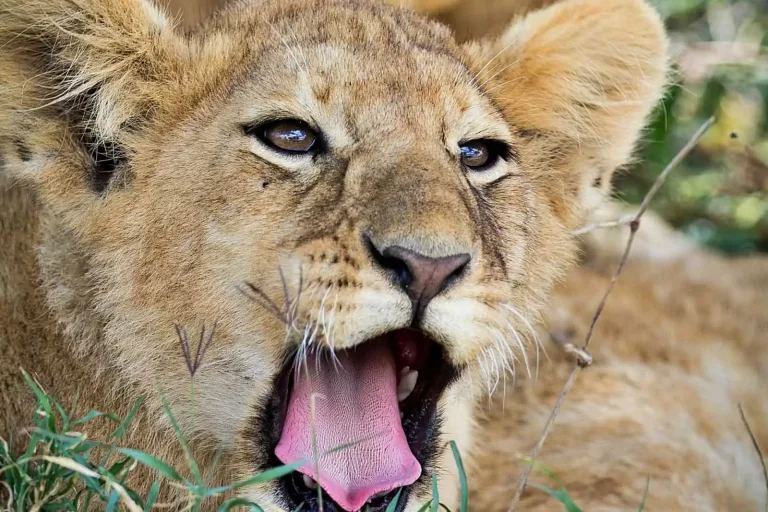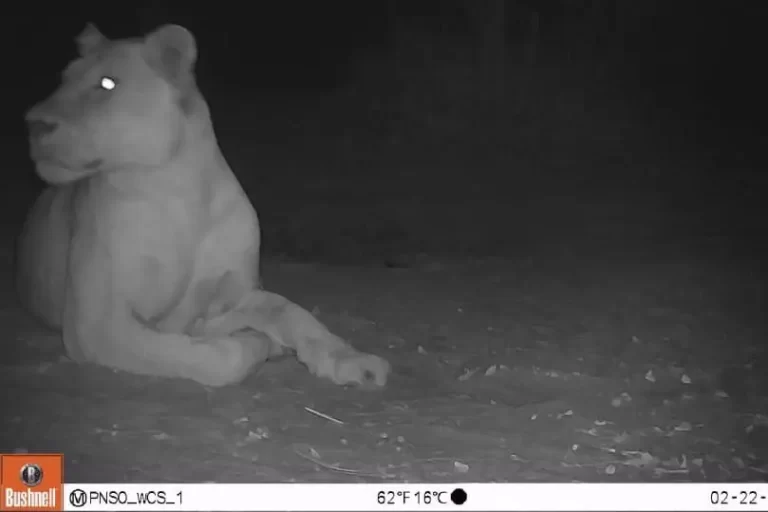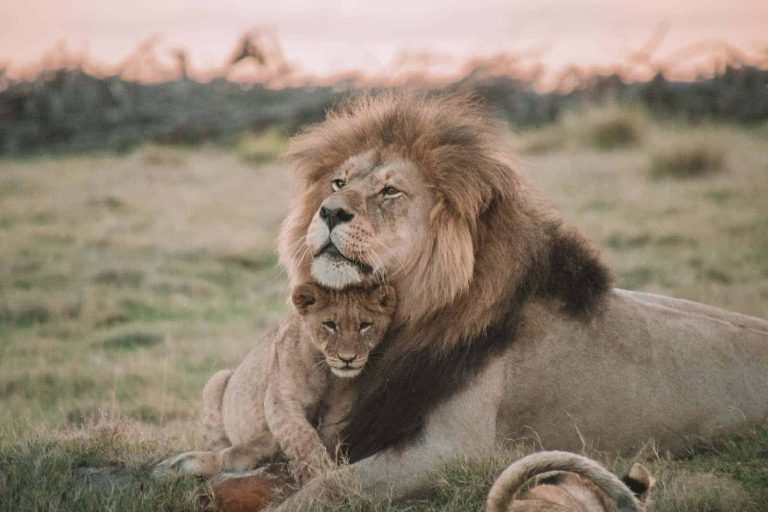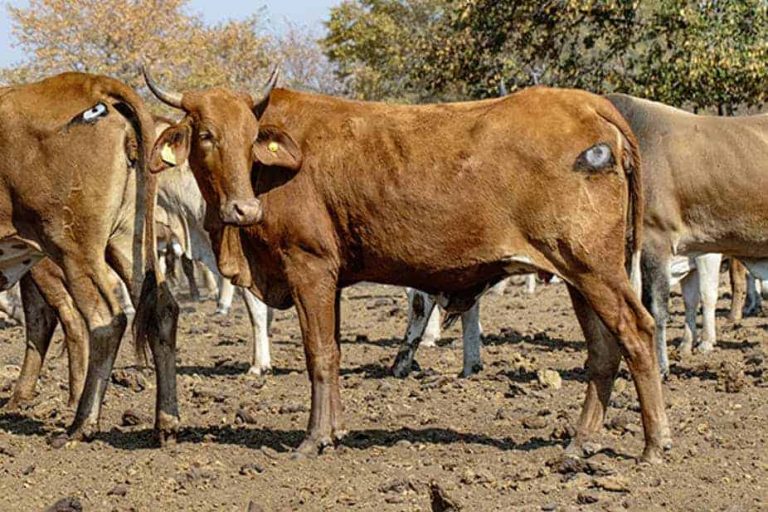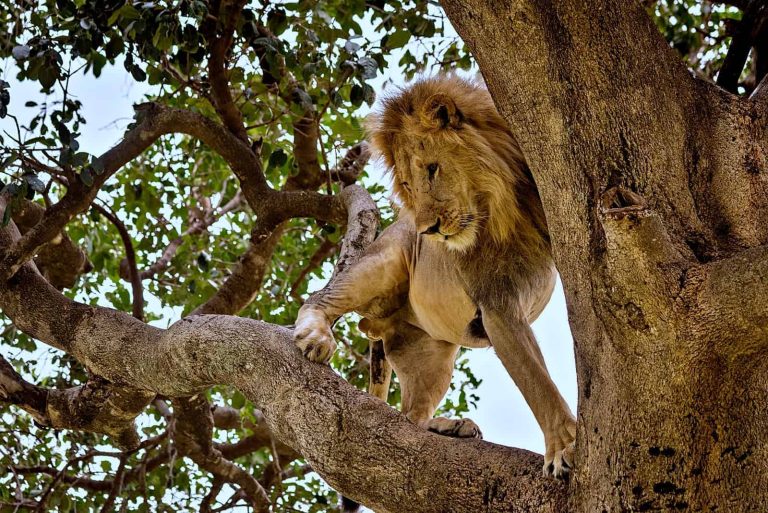UW-Led Research Demonstrates Invasive Ants Alter Lion Predation in Kenya
Fresh findings led by a University of Wyoming graduate student indicate that invasive ants in a Kenyan savanna have prompted shifts in lions’ predatory behavior. As reported today in the journal Science, the investigators discovered that the incursion of big-headed ants at Kenya’s Ol Pejeta Conservancy reduces lions’ efficiency in hunting zebras, their primary prey….

